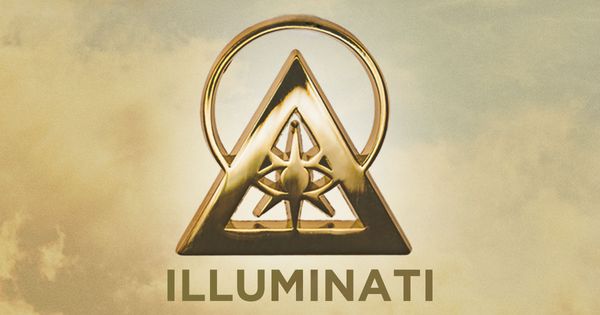When Europeans came to the Americas, they were already predisposed to look down upon certain people (such as Native Americans and African Americans) due to previous experiences that exacerbated the differences between groups of people. Two specific examples of this are the Spanish Inquisition, and the conflicts between the English and the Irish. In the Spanish Inquisition, King Ferdinand and Queen Isabella decreed that everyone needed to convert to Catholicism, or leave the country. People who converted were then subject to extreme scrutiny, and Muslims and Jews were discriminated against. While these behaviors were more religiously based than racially, it still created mentalities of certain groups of people being better than other groups. Secondly, the English were in conflict with the Irish, and because of this, portrayed the Irish as immoral and uncivilized. Then, when the English immigrated to America, it was easy for them to consider Native Americans the same way—immoral, undereducated, and uncivil.
Slavery has been around for centuries in many different societies, and often it was not racially based, it was based on class. However, with the growing levels of racist ideologies in America laws began to make distinctions between indentured servants and slaves. Indentured servants were typically white, and therefore excluded from what are known as the Slave Codes. One slave code said: If someone runs off with an African American, they will have to serve for the amount of time that the African American was missing. This law was directed explicitly towards black slaves, thereby differentiating them from white indentured servants. This created a division between the races.
Race is a very real and present thing in America, but it is ultimately a social construct. People all throughout history have tried to find physical, scientific differences between groups of people. For example, when taxonomy (classification) was popular, scientists were trying to classify everything—plants, animals, and then finally, humans. They tried to classify humans into groups by looking at physical traits such as skin color, hair texture, body type, etc. When taxonomy faded, scientists turned to Craniometry. This is where they studied the sizes of skulls to determine brain size/intelligence of groups of people. They found that “Europeans had larger skulls than Africans, and therefore were smarter.” The experiments were extremely biased and flawed—the skulls they used for the European group were male skulls, and they used female skulls for the African group. Even if skull size did contribute to intelligence, the findings would be invalid because women tend to be smaller and have smaller skulls than men. When Craniometry fizzled out, they turned to intelligence testing, and Eugenics to determine which races were superior, and breed them accordingly.
Race is a social construct, because there are no trends in genetic differences among races. Humans have more genetically in common with each other than penguins do, even if humans have more distinct features. Someone in Africa may have more similar DNA to someone in Ireland than another person in the same African region. The same thing applies to someone in China and someone in Russia. And if you try to classify by skin color, trying walking from the equator all the way to Norway. You would see gradual shifts of skin coloration, but you would never be able to pick one skin color out and say “Hey this is the dividing skin color. This is the one that makes this person white or black.”
The concept of race has been used as an excuse to justify inequality, exploitation, slavery, removal, and genocide by saying people are inherently, biologically different from one another, and that certain groups have more worth than others, when in reality there is no real biological difference between races. We are all a species who share DNA, and we are all equal. It's time that the world recognizes this.





















